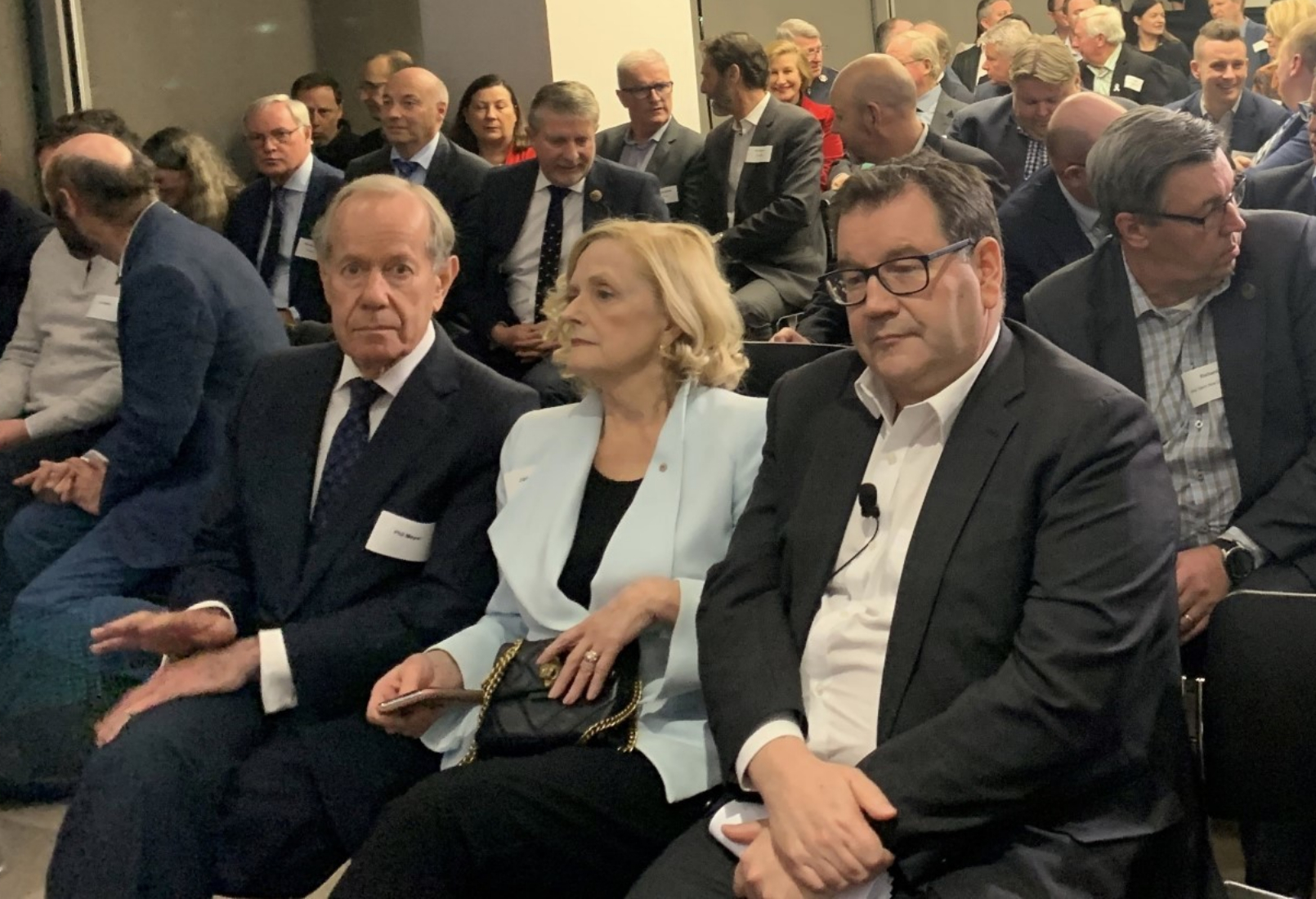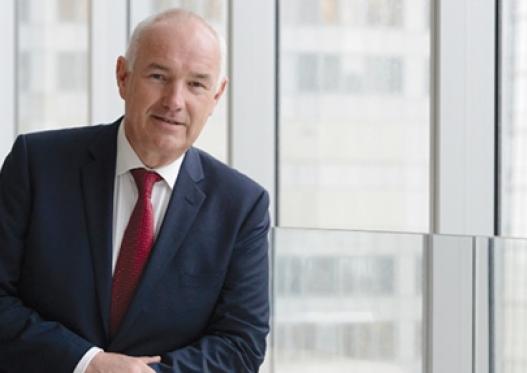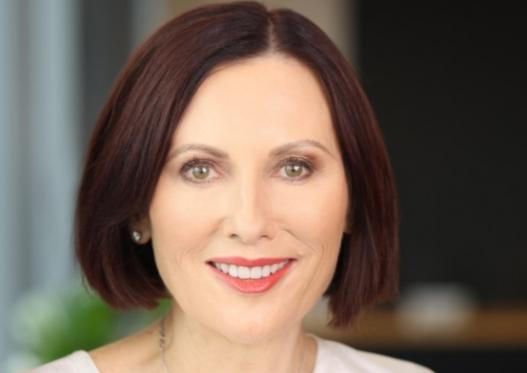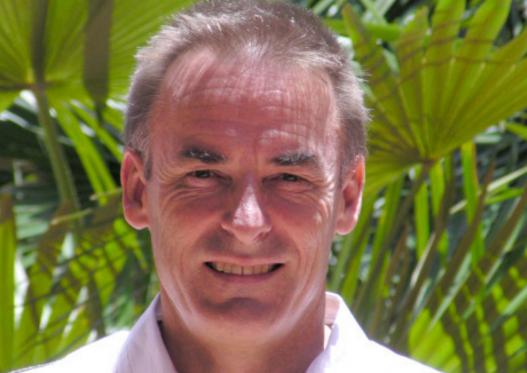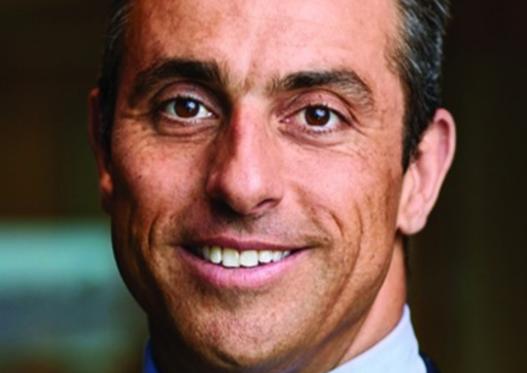Banks should support the professionalisation of their staff through FINSIA’s first of a kind qualifications in New Zealand.
Though it is not just training and education that will give financial services professionals the tools to have a more ethical impact on the economy and society as a whole, according to FINSIA’s New Zealand National Council Deputy Chair Phillip Meyer.
The mentoring and networking opportunities available to members are also crucial value adds, says Phillip, who was one of the organisers of the launch of the Professional Banking Fundamentals in Wellington.
Speaking after the sold-out event where Deputy Prime Minister Honourable Grant Robertson recognised the “important” work FINSIA was doing, he said that FINSIA and FINSIA members should also become part of the broader, strategic economic discussions going on in New Zealand as the country recovers from COVID-19.
“Where we are with the banks is we want them to support the professionalisation of their staff through FINSIA’s training capability,” he said.
“We're still working hard to get the banks to do that and making some inroads. In fact, we're making some very positive inroads.”
The backing of the deputy PM and the enthusiastic support from the Reserve Bank should give FINSIA helpful support and recognition with the banks, he added.
With BNZ already committed to rolling out the Professional Banking Fundamentals to all of its staff, thousands of employees are on the first stage of a pathway that can lead to Chartered Banker status and the career progression that can bring.
“Being involved with FINSIA, not only do we provide professional training and discussion around ethics and the like for bankers, but banking is part of the broader economy,” he said.
“Through being involved in networking events for FINSIA, you get access to a number of interesting discussions and people that you otherwise might not be able to experience.
“So there's a value add in the networking and mentoring that comes with being involved in FINSIA as well as the training and qualifications that are on offer.”
Reflecting on the conversations from the packed room for the event, Phillip said they showed where FINSIA’s networking events can become part of the fabric for the announcement of key policies by banks, government and finance generally. They can also influence conversations on the way forward for the economy and better outcomes for all stakeholders.
“It was a very high calibre audience. I think there is an opportunity for FINSIA to align itself with the quality business end of New Zealand, not just banking,” he said.
“The questions that were raised were big economic questions - about immigration and getting skills in because of the skills shortages, the impact of global trade and unintended consequences of regulation.
“It shows FINSIA can play an important role in the discussion around the economic fabric of New Zealand.
“By lifting the horizon, bankers can think about the broader effect on the economy, which is a much deeper conversation to have.”
Though conversations about the fundamentals of banking are also an important part of these events.
Phillip recalled one with a banker on the evening around the ethical question for banks over lending money. Is it simply about adequate security cover for their loan or is there a higher sense of responsibility, including the stress on the family that might be created by taking that loan - and having that discussion with the client before approving the loan?
FINSIA, he believes, should be showing the way forward by having those kinds of conversations and highlighting how ‘getting back to being a trusted financial adviser not just a financial product flogger, who might say to his client: 'You can't afford this.'
Rather than just trying to move money out the door with sufficient security cover, there's a high level of ethical intent that I certainly think bankers need to adopt.”



